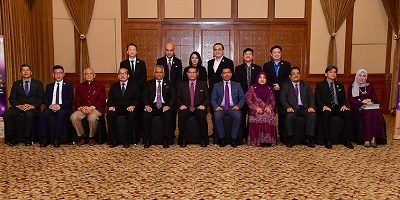
One of the hottest legal issues facing the industry in Canada and the United States has to do with whether the traditional joint employer standard will be adapted to apply to the franchise relationship.
There are many attractive features of the franchise model, but chief among them is the autonomy franchisees have in the management of their personnel. Franchisors defer to franchisees on all matters pertaining to employee relations, scheduling, hiring, firing and so forth, which has avoided liabilities under employment law as between franchisors and their franchisees’ employees. As a result, a franchise system can expand its brand and presence without assuming the attendant costs and responsibilities associated with managing employees across the system.
Pending litigation involving fast-food giant McDonalds and the U.S. National Labor Relations Board threatens to upend that structure and potentially result in franchisors being deemed to be joint employers of franchisees’ employees. This outcome could have potentially devastating effects on the very model of franchising. Knowing that a responsibility to them exists at law, franchisors would be forced to exercise more control over their franchisees’ employees, an outcome that also would not be favoured by franchisees.
URL: http://business.financialpost.com/entrepreneur/franchise-focus/what-this-years-franchise-legislation-could-mean-for-your-business








